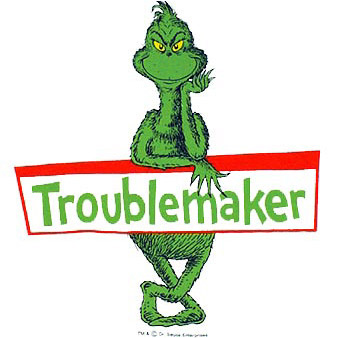
Last week in my service learning, all of the kindergardener's were sitting on the rug doing the writing activity. Mrs. Bryson then asked a question to her class about how to spell “bike”. Several children started talking, and Mrs. Bryson shushed them quickly. “They all know better” she whispered to me, and said something about raising their hands. So, the students who knew the answer, raised their hands high in the air, and raised their bums off the ground to have the highest one in the class. Yet Mrs. Bryson didn't chose a student with their hand raised. She said aloud “Bruce, I'm choosing you. For that I know you are struggling, and I would like to help you.” So Bruce sat and tried to spell out bike. He got the B-I-K, but the silent E threw him off. She explained how the silent E works, and went on with her class.
I went to talk with Bruce later, and realized that the worksheet he was doing, had a lot of erase marks. So I sat with him and helped him out. We discussed letters he had trouble on, and how the silent E confuses him.
Bruce reminds me of a boy that would be in Ira Shor's article. Shor explains that participation is needed in any classroom. For Bruce to sit there and answer the question, even though he did not raise his hand was a start. He sat and thought about the question, and figure out how to answer it. Shor says that students need to participate, and be in these classrooms. And that classrooms with no participation are just not helping any child learn. Hands on activity is the best way for students to learn. If they are not in participatory classrooms, they might not be able to keep up, and could very much fall behind, or start to not care because they are doing poorly. These student's who don't care, usually become the trouble makers and class clowns, which could lead to disciplinary actions.
Shor tells us that teachers are a big part of a child's life. They teach them basics to calculus two. They help put together “the students' development to the values, powers and debates in society.” I am very glad I went into this profession, to help and see children grow everyday, especially those trouble makers. ( because everyone knows I was one of those. (: )
Tuesday, May 11, 2010
Prompt 3- Ira Shor: the Bike
Posted by Becca Dee Marie at 11:30 AM
Subscribe to:
Post Comments (Atom)

1 comments:
Becca,
This post really caught my attention. Bruce reminds me of a child I knew in elementary school. All throughout second grade, he had trouble reading.
Unfortunately, the teacher didn’t do anything about it besides help him while the class was at recess. I’m glad that you are able to see that his participating in class will make a difference in the effectiveness of his learning. Although it singles him out in the classroom, it is able to help him realize his mistakes out loud so he can learn and fix them. The only thing that I would be worried about is if the other children in the classroom, if they isolate him in anyway.
I completely agree with your connection with Ira Shor. He talks about participation and how that makes a huge difference in the learning of the children. I completely agree with what you and Shor have to say. Being a very outspoken person myself, I would have to say that because of this, I had learned much more in classrooms, rather than just sitting and listening. When you participate, your brain seems to turn on and absorb everything that is being said.
Classrooms with no participation discourage children. They end up not thinking about what they are doing. Then not caring about what they are doing. Then finally not caring about school all together. This is not something that I would support. When children learn hands on, they are able to really grasp the concept. Teachers definitely make a huge difference in the lives of these children, whether they realize it or not. We are setting the tone now for the rest of the lives of the kids in the classroom. If we get them to participate now, hopefully they will participate in family events, and the community.
Maria
Post a Comment